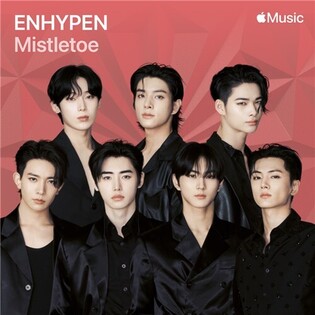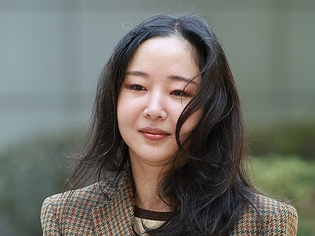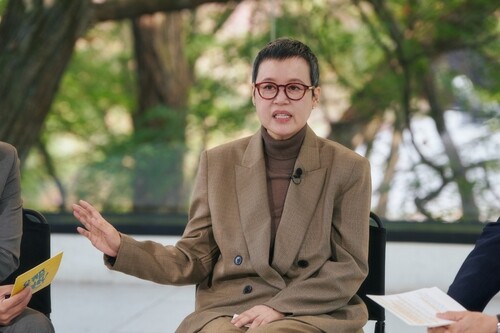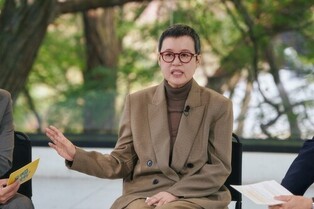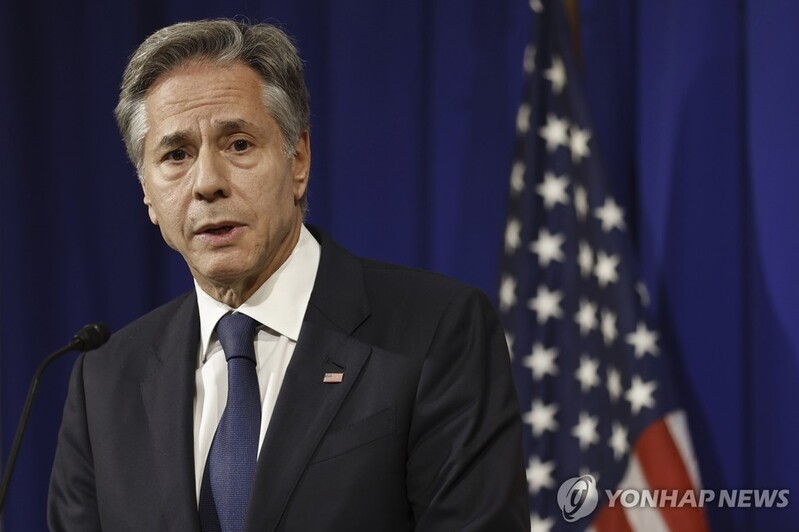 |
| ▲ U.S. Secretary of State Antony Blinken speaks during a press conference in Tokyo on Nov. 8, 2023, in this photo released by the Associated Press. (Yonhap) |
Blinken-Indo Pacific focus
Blinken stresses America's 'intense focus' on Indo-Pacific despite Middle East tensions
By Song Sang-ho
WASHINGTON, Nov. 8 (Yonhap) -- U.S. Secretary of State Antony Blinken reiterated America's "intense" focus on the Indo-Pacific during a trip to Japan this week, as questions linger over whether the United States can keep a policy priority on the region amid tensions in the Middle East and Russia's war in Ukraine.
Speaking in a media interview on Wednesday (local time), Blinken said that the U.S. is capable of handling multiple security issues simultaneously in tandem with regional allies, while characterizing the Indo-Pacific as one of America's "most important core interests."
Blinken was in Japan to attend the Group of Seven (G7) foreign ministerial meetings and meet with Prime Minister Fumio Kishida and his Japanese counterpart, Yoko Kamikawa. He then flew to South Korea, where he is slated to meet with President Yoon Suk Yeol and his counterpart, Park Jin.
"I'm, of course, here in Japan. I'm heading to South Korea, and then from South Korea on to India. So, we and I have an intense focus on the Indo-Pacific," Blinken said in the interview with the Japanese broadcaster, NHK, according to a transcript provided by the State Department.
"We can and we are dealing with both the urgent challenge of the moment, the crisis in the Middle East, while making sure that we're engaged very effectively on really what is one of our most important core interests, and that is the Indo-Pacific," he added, stressing the region as an "area of sustained focus."
He noted that the U.S. can tackle a host of issues as it is working together with its allies, which the Joe Biden administration has cast as the "greatest strategic assets."
"As we're dealing with many of these issues, it's not just the United States -- it's us together with our closest allies and partners to include Japan, to include the Republic of Korea, where I'm going next -- and of course, a deepening and strengthening relationship with India," he said.
At a separate press availability, Blinken outlined a series of conditions to foster durable peace and ensure the Oct. 7 Hamas attack will never happen again.
"The United States believes key elements should include no forcible displacement of Palestinians from Gaza -- not now, not after the war. No use of Gaza as a platform for terrorism or other violent attacks. No reoccupation of Gaza after the conflict ends," he said.
He went on to say, "No attempt to blockade or besiege Gaza. No reduction in the territory of Gaza. We must also ensure no terrorist threats can emanate from the West Bank."
Blinken also highlighted Palestinian people should be at the center of post-crisis governance.
"The reality is that there may be a need for some transition period at the end of the conflict, but it is imperative that the Palestinian people be central to governance in Gaza and in the West Bank as well," he said.
"Again, we don't see a reoccupation. And what I've heard from Israeli leaders is that they have no intent to reoccupy Gaza and retake control of Gaza," he added.
Regarding the G7 meeting, Blinken said that the ministers were "deeply concerned" about what Russia is providing North Korea in return for the North's supply of weapons and munitions for use in the war in Ukraine.
"We'll continue to push for the full implementation of all relevant U.N. Security Council resolutions and commitments to uphold the global nonproliferation order," he said.
On China, he stressed that there was an "unprecedented" degree of alignment among the G7 members on the approach to China.
"We agreed on the importance of working constructively on shared challenges but also being clear and direct with China on our differences," he said. "We'll continue to de-risk our economies, to strengthen our resilience, to push back on economic coercion."
(END)
(C) Yonhap News Agency. All Rights Reserved



















